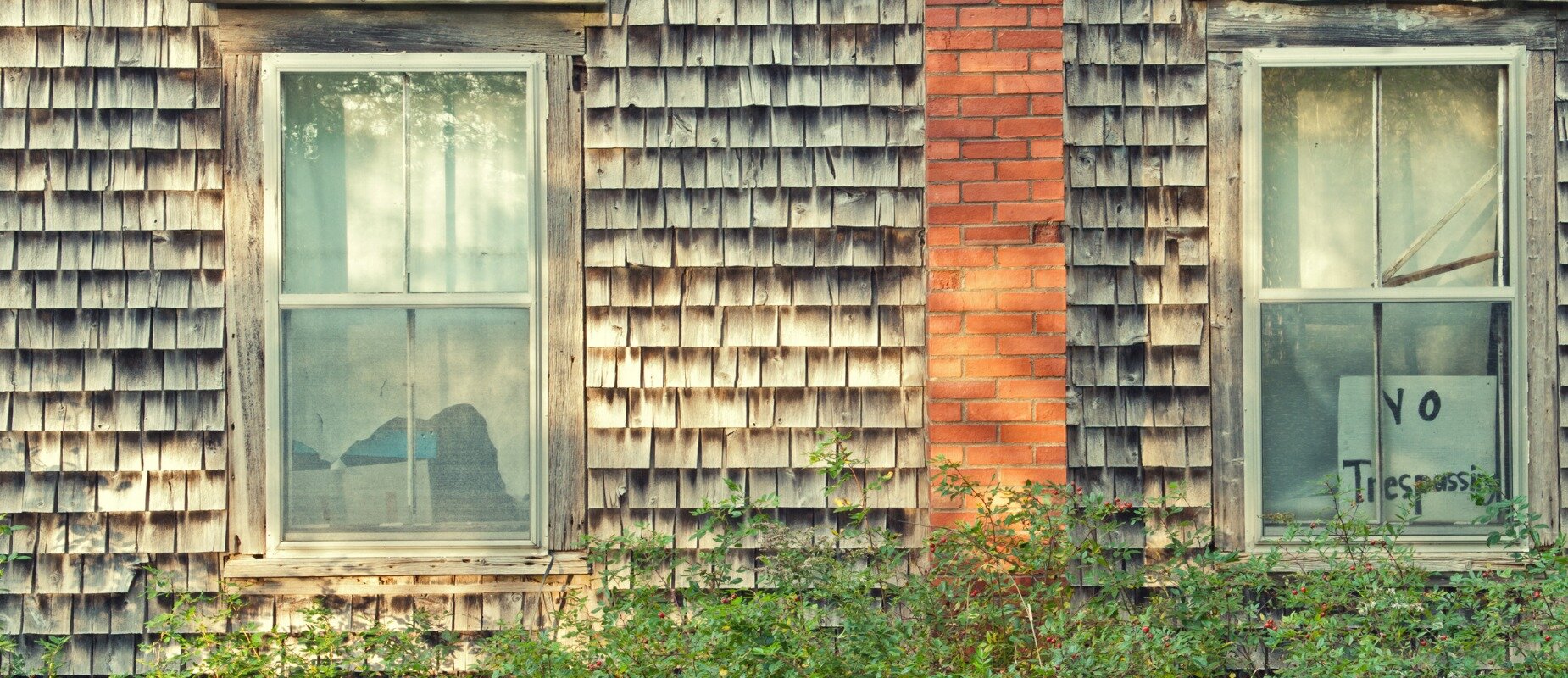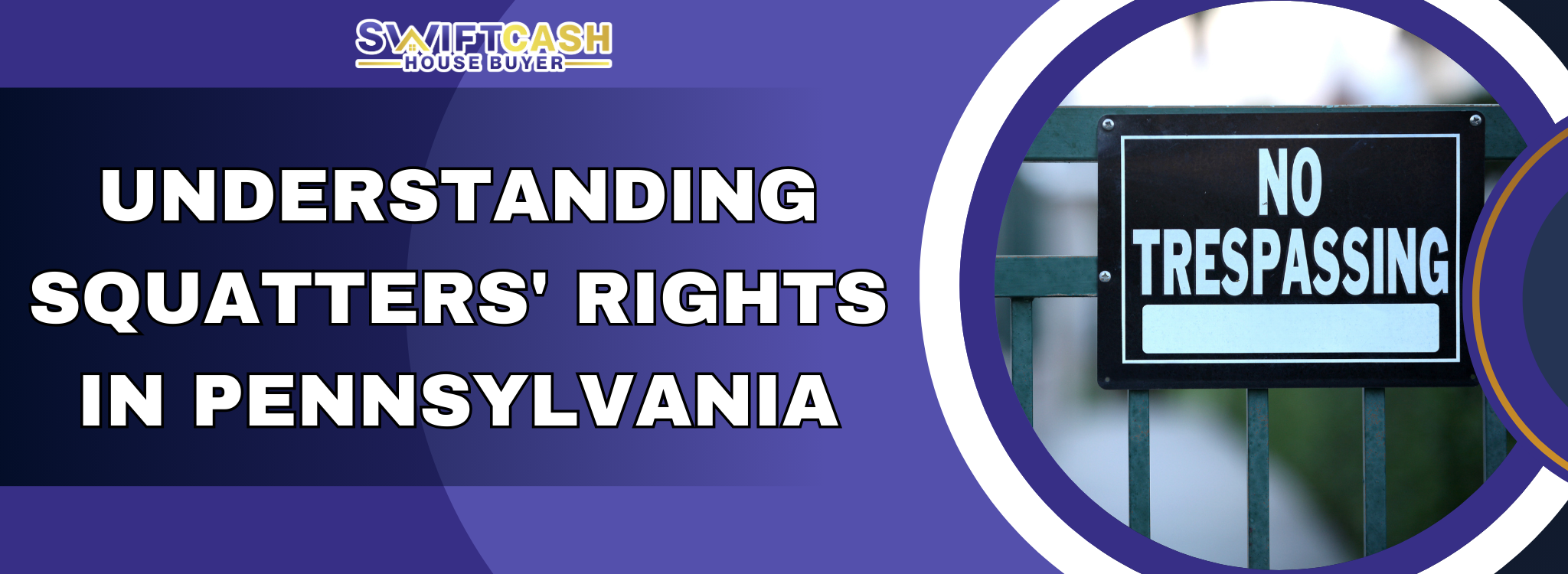
Understanding Squatters Rights in Pennsylvania
What Defines a Squatter in PA?
Squatters in Pennsylvania reside on property without legal authorization. This happens when someone moves into an unoccupied property and lives there without the owner’s permission. Squatting is intended to gain occupation rights over time. Unlike trespassers, squatters may attempt to file a legal claim if certain circumstances are met.
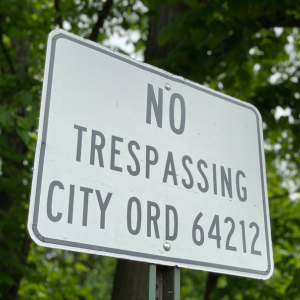
How Do Squatter Rights Originate in Pennsylvania?
Squatter rights in Pennsylvania come from historical land use practices and a concept called adverse possession. Adverse possession lets someone claim land ownership if they use it openly and continuously without permission for a set time. In Pennsylvania, this time is outlined by state law and involves meeting specific criteria. The history of squatting here dates back to when unoccupied lands were common, encouraging land use.
Can Squatters Legally Claim Property in Pennsylvania?
People squatting on Pennsylvania property can sometimes officially claim it through “adverse possession.” They have to meet all the standards, such as having been in open possession for a certain amount of time, which is usually 21 years in Pennsylvania. For this legal process to go forward, they need to show proof that their occupancy meets the requirements set by Pennsylvania property law. Even though it’s hard, the squatter has formal land ownership if the claim is accepted.
Legal Framework Surrounding Squatters in Pennsylvania
What Are the Key Laws Governing Squatters’ Rights?
Pennsylvania has laws about squatter rights, like laws against trespassing on real estate and laws against squatting. These rules explain what squatters can do and how long they can stay in a place before someone else claims it as their own. People who own land and want to live on someone else’s land can use these rules to determine their legal choices.
How Does Adverse Possession Apply in PA?
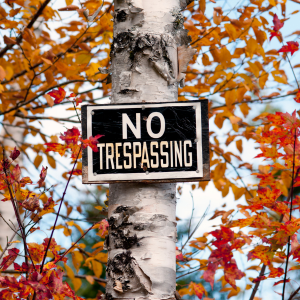
Adverse possession in Pennsylvania requires occupying property without title under specific rules. According to the adverse possession statute, the legal requirements typically involve open, notorious, and continuous possession for 21 years. This means using the property as if it’s your own. Property owners should monitor their properties to prevent these claims.
Which Statutes Govern Squatting and Trespassing in Pennsylvania?
Pennsylvania statutes define the lines between lawful and unlawful occupation. Squatting is generally a civil issue, while trespassing is often criminal. Unlawful detainer laws help property owners remove illegal occupants. Knowing these statutes helps prevent unauthorized occupancy and protect property rights.
For homeowners or potential buyers seeking guidance on squatter issues, Swift Cash House Buyer offers expert assistance tailored to your property needs.
Assessing the Impacts of Squatting on Property Owners
How Do Squatters Affect Property Values in Pennsylvania?
In Pennsylvania, the value of properties can be diminished by squatters. The appearance of a house can detract from its appeal to potential purchasers, thereby reducing its market value and demand. Homeowners looking to sell a house with a squatter face additional challenges, as after a specified period, squatters may transition into legal proprietors. This phenomenon is called “adverse possession” or “squatters’ rights.” This further decreases property values, making purchasing and selling homes in Pennsylvania more challenging.
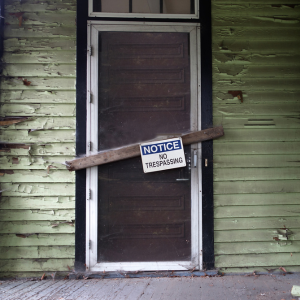
What Financial Challenges Do Property Owners Face Due to Squatting?
Property owners face financial concerns from squatting. Eviction costs are high, and Pennsylvania’s adverse possession laws complicate matters. Squatter removal takes time, resulting in lost rental income and more significant maintenance costs due to property damage.
Are There Insurance Implications for Properties with Squatters?
Squatters can substantially impact insurance. Many property insurance policies exclude unlawfully occupied properties, increasing insurer risk. Insurance companies may not cover squatter damage. Therefore, property owners must understand their policy conditions and legal occupation rights to avoid unexpected costs.
Navigating Legal Remedies Against Squatters
What Legal Actions Can Property Owners Take in PA?
Pennsylvania property owners can sue squatters in various ways. The unlawful detainer notification requests that tenants leave the premises. The owner can sue for possession if squatters stay. Knowing Pennsylvania’s squatters’ rights law is crucial to reclaiming their property.
How Effective Are Eviction Notices in Pennsylvania?
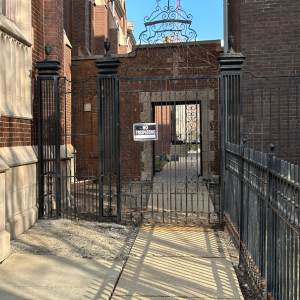
Pennsylvania eviction notices are essential, but their effectiveness varies. Unlike tenant evictions, squatter evictions may be more difficult due to legal safeguards. Understanding Pennsylvania’s eviction laws and tenant vs. squatter evictions may enhance results.
Can Mediation Play a Role in Resolving Squatter Disputes?
Mediation can help resolve squatter disputes by providing a negotiation platform. It may offer quicker and less costly solutions than legal battles. Mediation for property disputes in Pennsylvania can help property owners and squatters reach mutual agreements, saving time and resources.
Preventative Measures for Property Owners
How Can Property Owners Protect Their Assets from Squatters?
Property owners can prevent theft in several ways. Legal documents must be updated to verify ownership. Property owners can swiftly detect trespassers and take action with regular property checks. Friends with your neighbors allow you to watch out for each other and reduce bother.
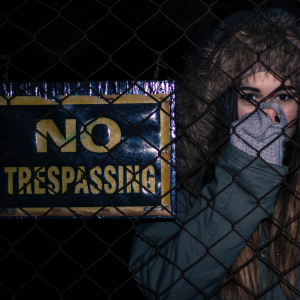
What Role Do Security Systems Play in Deterring Squatters?
Security systems are vital for deterring squatters by boosting property security. Cameras can capture footage that serves as evidence if trespassing occurs. Alarms alert property owners and law enforcement about break-ins. Visible security tools like CCTV cameras often scare off squatters, raising the risk of being caught and facing legal action.
Are Fencing and Signage Effective in Preventing Squatting?
Signs and physical barriers like fences can discourage people from physically and mentally squatting. When fences surround property margins, intruders find it more challenging to enter. Signs warning “No Trespassing” let those wishing to squat know they will be fined should they try. Taken in concert, these actions create a formidable barrier against illegal access.
Case Studies of Squatting Incidents in Pennsylvania
What Are Some Noteworthy Squatting Cases in PA?
Pennsylvania has had several critical squatting cases highlighting the complexities of property disputes. One case included a protracted judicial dispute over a home in which a squatter claimed adverse possession. This underscored the importance of careful property management and timely reactions to unauthorized occupancy. These incidents highlight the importance of property owners understanding their legal rights.
How Have Recent Lawsuits Shaped Squatting Law in Pennsylvania?
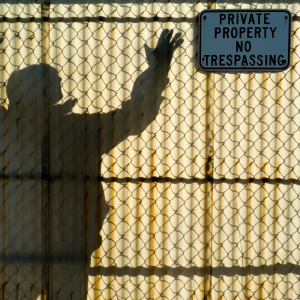
Recent lawsuits in Pennsylvania have significantly shaped squatting law. Court rulings have defined property owners’ rights and how to legally evict squatters. These legal precedents have strengthened protections for owners, offering more explicit guidance on handling disputes and influencing future property laws.
What Lessons Can Be Learned from Past Squatting Incidents?
Past instances of squatting provide valuable insights into legal strategies and property administration. Promptly addressing any signs of squatting can prevent the emergence of more severe problems. Property owners can regain control by utilizing effective legal processes and involving legal experts at an early stage. Robust preventive measures can also be implemented to reduce the probability of future incidents.
Swift Cash House Buyer understands the importance of protecting properties and is dedicated to helping homeowners with practical solutions and preventive strategies.
Community and Government Roles in Addressing Squatting
How Do Local Governments Respond to Squatting?
In Pennsylvania, local officials play a big part in stopping people from squatting. When people squat or live on someone else’s property without permission, it can be hard to enforce eviction rules. Pennsylvania law on squatters’ rights allows for adverse possession if certain conditions are met. This can make it hard to get people to leave quickly. The first step in getting rid of squatters is usually for local governments to work with property owners and the court system. These steps are meant to follow Pennsylvania’s rules and protect property rights.
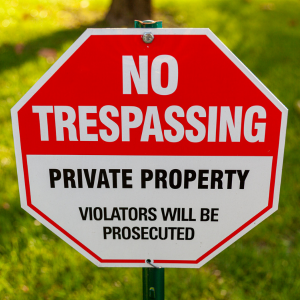
Can Community Initiatives Reduce Squatting in Neighborhoods?
Community initiatives are crucial in the reduction of squatting in Pennsylvanian communities. These initiatives can mitigate illicit activities through collaboration among government agencies, local groups, and citizens. These neighborhood initiatives provide squatters and property owners with resources, increase knowledge, and support property rights. Occasionally, these initiatives offer enduring solutions that benefit all parties involved by utilizing active neighborhood involvement.
Are There Support Programs for Property Owners Affected by Squatters?
Several support programs are available for property owners facing squatting problems. These programs help understand Pennsylvania’s squatter eviction process and real estate possession laws. Resource centers guide legal steps and connect owners with services that protect their property. Knowing available support is crucial for property owners to regain control over their assets.
Exploring Ethical Considerations in Squatting Cases
What Humanitarian Issues Arise from Squatting Situations?
Squatting brings up major humanitarian issues. The housing crisis in Pennsylvania has increased discussions about occupancy rights and squatters’ rights, raising concerns about public policy. While unauthorized occupancy is illegal, it highlights broader housing insecurity issues and the need for compassionate responses. Addressing these humanitarian challenges involves balancing legal actions with efforts to ensure adequate housing.
How Do Public Perceptions Influence Squatting Policies?

Public opinions significantly influence community squatting policy. Ethical issues and community responses sometimes mold Pennsylvania’s adverse possession rules and squatting rights. Knowing how society sees these problems helps legislators design fair laws that weigh social justice with property rights.
Is There a Balance Between Squatter Rights and Property Rights?
For Pennsylvania’s efficient property management, squatter and property rights must be balanced. Under some circumstances, squatters have legal rights, which generates a complicated relationship with the rights of property owners. Dealing with this requires knowing legal systems and safeguarding ownership rights. Fair answers can result from working with legislators and community players.
Future Directions and Reforms in Squatter Laws
What Changes Are Being Proposed for Squatter’s Rights in Pennsylvania?
Squatter rights in Pennsylvania are set for changes. Currently, the law allows someone living on a property without permission to claim legal protections. New proposals aim to make the property dispute resolution process more transparent and fairer for property owners and squatters. Proposed reforms focus on updating how squatting laws are enforced, with legislative efforts to balance property rights more effectively.
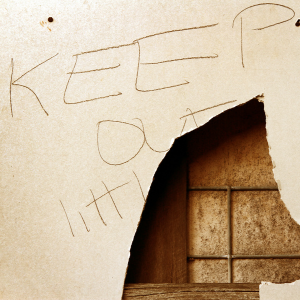
How Might Upcoming Legislation Impact Squatter Evictions?
Pennsylvania’s new squatting rules could change how people who live in vacant homes are kicked out. The suggested law would speed up getting rid of people who aren’t supposed to be there, which would help property owners get their homes back faster. Hopefully, these changes will make the eviction process more manageable, saving time and money. Lawyers hope these changes will stop people from living on other people’s land without permission and protect the rights of property owners.
What Role Can Advocacy Groups Play in Shaping Future Laws?
Advocacy groups are vital in shaping future laws about squatters’ rights in Pennsylvania. They influence policy by lobbying lawmakers and raising awareness about squatting issues. By highlighting the challenges property owners and squatters face, these groups help create balanced policies. Their efforts can lead to laws that address the needs of all parties involved in property disputes.
Conclusion: Safeguarding Property and Rights in Pennsylvania
Protecting property rights in Pennsylvania requires ongoing attention and proactive actions. Property owners should stay informed about state property laws and use protective measures to secure their holdings. Legal protection and understanding owner rights help navigate complex property disputes. By using effective legal strategies, individuals can better safeguard land rights in Pennsylvania.
How Can Property Owners Stay Informed About Squatter Laws?

Property owners can learn more about squatters’ rights in Pennsylvania by using various online resources. They stay current on property laws by regularly checking legal changes and relying on reliable sources. Sharing information on community sites and networks can also help you figure out how to deal with squatter problems well.
What Steps Should Property Owners Take to Ensure Legal Protection?
To protect against squatters, Pennsylvania property owners should seek legal advice from experts in property management. Key protection steps include securing properties and conducting regular inspections, especially of vacant properties. These proactive actions are crucial for protecting rights and avoiding disputes.
How Can Further Education and Awareness Help Mitigate Squatting?
Education is key in managing squatter rights in Pennsylvania. Programs and campaigns increase public understanding of squatting laws and their effects. By informing both property owners and potential squatters about legal boundaries, educational efforts aim to reduce squatting incidents. Raising awareness helps build a knowledgeable community, lowering the occurrence of squatting.
For homeowners or potential buyers needing guidance on squatter issues, contact Swift Cash House Buyer for expert assistance tailored to your property needs.
FAQs:
What are the legal rights of squatters in Pennsylvania?
Squatters in Pennsylvania might obtain rights through adverse possession if they fulfill specific criteria. This involves using the property openly and continuously for a set period. These cases need substantial evidence and follow a legal process.
How do Pennsylvania squatting laws differ from tenant rights?
Squatting is illegal in Pennsylvania if you live on someone else’s land without permission. Tenants, on the other hand, have a legal lease agreement. This changes how people are evicted because squatters and renters are evicted differently.
What is the process for evicting a squatter in Pennsylvania?
In Pennsylvania, people who own land must file an unlawful detainer case in court to eliminate a squatter. The owner has to show that the person living there has no legal right to be there.
Can someone claim abandoned property in Pennsylvania?
In Pennsylvania, one must prove the original owner has given up their rights to claim abandoned property. This usually involves meeting conditions under adverse possession laws.
What role does adverse possession play in Pennsylvania real estate disputes?
Adverse possession allows someone to claim land ownership if they have used it exclusively and continuously for a specific time. This can help resolve property disputes but requires clear proof that legal conditions are met.
How can landlords protect their property from squatters in PA?
Landlords can keep their properties safe by checking on them often, locking up empty units, and getting rid of people who aren’t supposed to be there quickly. Good tenant screening can also help make sure that only real people live in the home.
What are the adverse possession requirements in Pennsylvania?
In Pennsylvania, adverse possession requires using the property openly, hostilely, continuously, and exclusively for 21 years. It’s often necessary to seek legal help to handle this complex process.
Are there specific laws regarding commercial property squatting in Pennsylvania?
While general squatting laws apply to residential and commercial properties, commercial landlords might face unique challenges. Legal advice is essential to understand the implications and enforce property rights effectively and thoroughly.
Key Insights
- Understanding squatter’s rights in Pennsylvania requires knowing laws such as adverse possession requirements and squatting laws that define legal defenses and claiming titles through possession.
- Pennsylvania squatting laws provide guidelines for dealing with unlawful detainer actions. They detail the legal steps needed to resolve disputes, such as differences between tenant eviction and squatter eviction in PA.
- It’s essential to distinguish squatters’ rights from tenant rights in Pennsylvania, especially when evicting without a lease or removing unauthorized occupants.
- The adverse possession statute in PA explains the continuous possession required for a squatter to claim property legally. This includes criteria like paying property taxes and showing clear ownership.
- Squatters rights and Pennsylvania real estate law relate to boundary disputes, abandoned property claims, and enforcement against residential or commercial property squatting.
- Understanding squatters involves knowing encroachment laws in Pennsylvania, the timeline for squatters’ rights claims, and the effects of property abandonment laws in PA.
- When dealing with Pennsylvania property rights law, knowing how to serve squatters, use management agreements, and understand vacant property laws to reduce risks is essential.
- We help clients with the legal process for squatters’ rights in PA, offering advice on obtaining possession through adverse possession and supporting landlord rights against squatting issues.
- PA courts and squatters rights cover various legal concerns, including methods for property dispute resolution and strengthening landlord protections against illegal occupation.
- Our team can guide you on your rights and responsibilities for claiming abandoned property in Pennsylvania, ensuring you follow real estate possession laws in PA for effective property management.
If you want to sell a house in Pennsylvania, we’re here to help! Whether you’re in Philadelphia, Upper Darby, Haverford, Radnor, Tredyffrin, Ridley, or surrounding areas, we make the process simple and hassle-free. We buy houses in any condition, offering a quick and fair solution for homeowners who need to sell fast. Visit our website Swift Cash House Buyer to learn more about how to sell a home in Pennsylvania and discover the best options available. If you have any questions or need assistance, Contact Us at (610) 590-9845.

